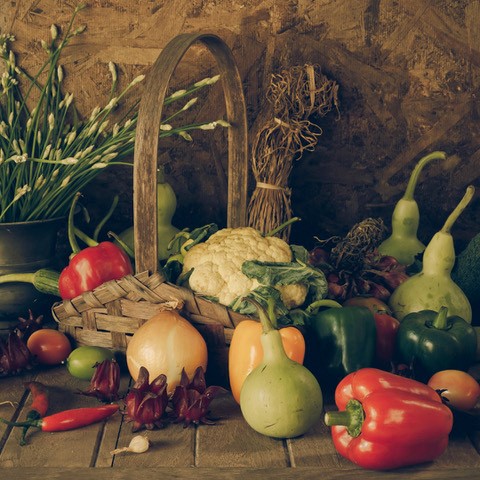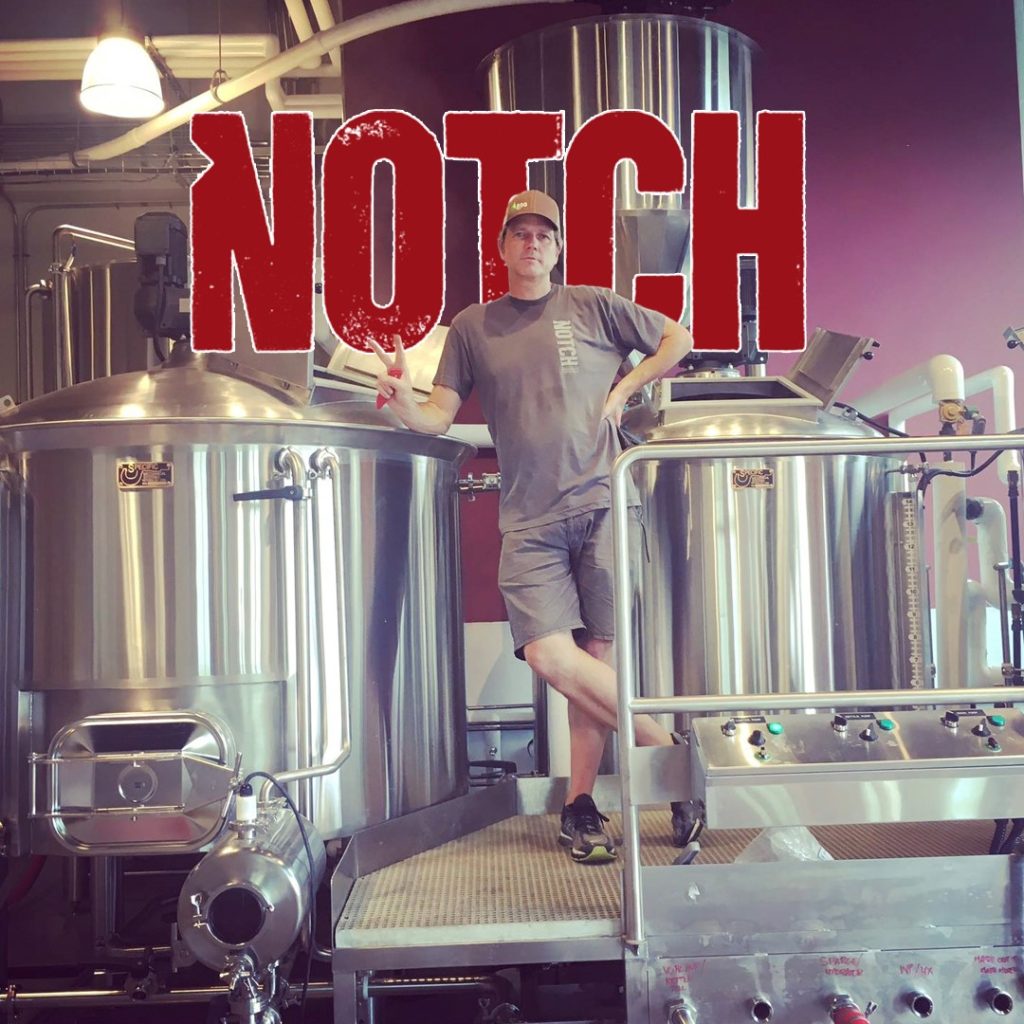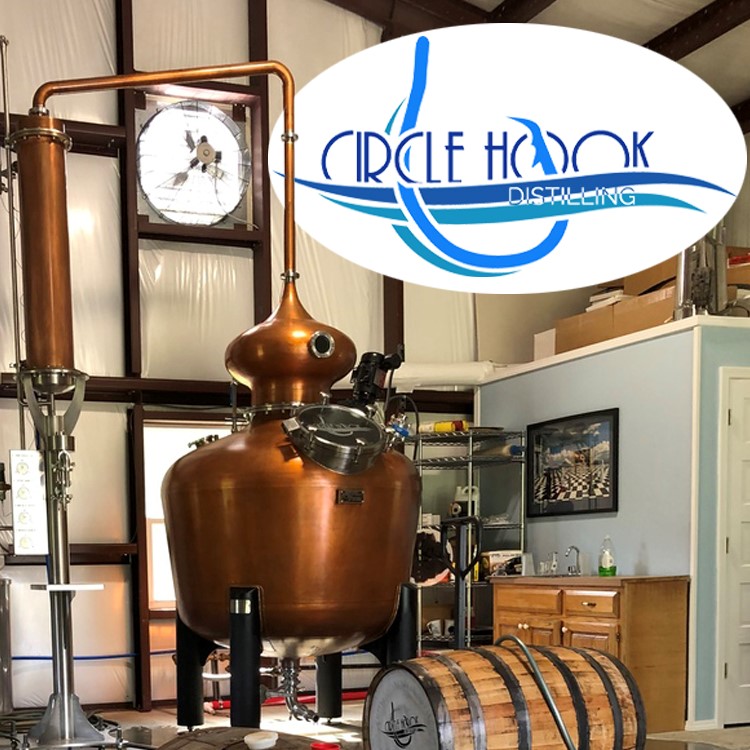The first Thanksgiving in 1621 was a feast of gratitude shared between the Pilgrims and the Wampanoag people. While much attention is given to the foods served, the beverages consumed are equally intriguing. With limited resources and no modern conveniences, the Pilgrims relied on two primary drinks: water and, possibly, hard cider.
Water: A Simple Staple
For the Pilgrims, water was the most accessible and essential drink. Freshwater streams and springs in the Plymouth area provided a reliable source for hydration. Unlike the voyage across the Atlantic, where seawater was undrinkable and fresh supplies were limited, the New World offered abundant clean water. However, concerns about waterborne illnesses often made the Pilgrims wary of relying solely on it.
Hard Cider: A Taste of Home
Hard cider was a familiar beverage to the Pilgrims, as apples were a staple in English orchards. While they didn’t bring apple trees with them on the Mayflower, they may have used wild apples growing in the New World to ferment cider. Hard cider was a favoured drink in England because it was safer to consume than untreated water. If the Pilgrims had the time and resources to produce cider before the first Thanksgiving, it might have been present at the feast, adding a hint of sweetness to their otherwise simple beverages.
A Humble Yet Meaningful Feast
Whether the Pilgrims enjoyed water alone or paired it with a small amount of hard cider, their drinks were emblematic of their resilience and resourcefulness. These beverages, along with the shared meal, highlighted their gratitude for survival and the kindness of their Wampanoag neighbors. While modern Thanksgiving tables are adorned with wine, sodas, and other beverages, the Pilgrims’ drinks remind us of the simplicity and determination of those early settlers.
So, as you raise a glass this Thanksgiving, consider the humble origins of the celebration and the enduring importance of gratitude.





